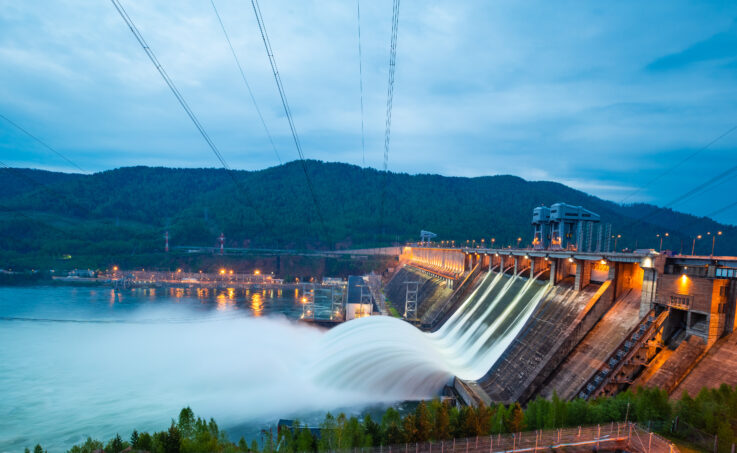Power Station Operator
Operate generating equipment — boilers, turbines, etc. to convert energy from primary energy sources (e.g., coal, natural gas, and water) into electricity.

Job Requirements
They monitor and control equipment and auxiliary systems from both the station floor (aka field) and control room(s) to ensure the equipment and systems are operating safely, efficiently, reliably and within the prescribed limits to meet regulatory requirements, achieve productivity and efficiency goals, and provide reliable electricity.
Educational requirements:
The educational requirements for Power Station Operators are dependent upon the type of generation facility and the equipment being used. Fossil fuel and natural gas generating facilities that use boilers may require operators to have certification as a Stationary Engineer. In other facilities, such as hydro stations, operators may possess a variety of trade certifications (i.e., electricians, industrial millwrights) or training as an electrical engineering technician/technologist.
National Occupational Standard
NOS are a benchmark of the knowledge and abilities needed to be competent in a particular occupation. Developed by current job incumbents, NOS are a collection of the individual competencies that make up the whole picture of an occupation.
Download Job Demands Assessment
Related NOC code:
- 92100 – Power engineers and power systems operators
Working Conditions

- Individuals working in power generating facilities and plants spend the majority of their shifts on their feet completing their tasks which can include monitoring, servicing, and testing.
- Typically, work is completed in 12-hour shifts, which include days, nights and extend over weekends and holidays to ensure 24/7 power generation.